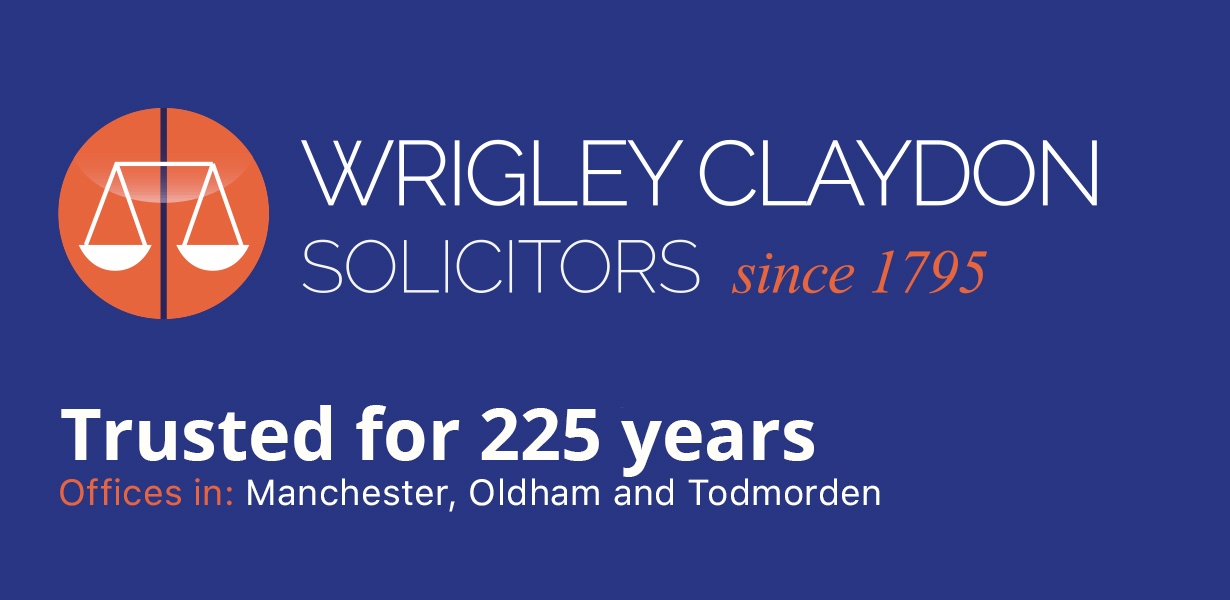What type of firms can I apply the late payment legislation to?
The legal status of the business you are seeking to claim interest from is irrelevant. It can be a sole proprietor, partnership or limited liability company. However you cannot apply the late payment legislation to personal debt.
What if a customer has more than one overdue invoice? How do I claim these multiple
debts?
If each invoice relates to a separate order for goods or services, then you are entitled to claim interest and compensation on each overdue invoice. The amount of compensation that the legislation states that you can claim for varies with the size of the claim. Of course you have the option to add together several claims for compensation and late payment interest in one claim. If you do this, you should calculate each individually and set them out in writing so it is clear which claim relates to which order.
Do I invoice for the interest and compensation?
You should not issue an invoice for the interest and compensation – you put your claim in writing. Interest accumulates on a daily basis, so the longer the debt is unpaid, the more interest racks up. If your claim for interest remains unpaid, then you need to contact the customer again to chase, explaining that interest is continuing to accrue.
Can I claim compensation for debt recovery costs and VAT, as well as late payment
interest?
The right to compensation for debt recovery costs was introduced for contracts dated on or after 7 August 2002. This can be claimed alongside the statutory late payment interest. Businesses are entitled to claim compensation when a debt remains unpaid after the date specified on the contract, or in the absence of a contract, 30 days after the delivery of the goods or service. The claim for compensation is made to the debtor, together with the claim for interest. Please note that businesses with their own contract terms for late payment interest forfeit their right to use the late payment legislation.
In March 2013, the revised legislation entitles creditors to claim further recovery costs on top of the interest and compensation. For example, the cost of using a solicitor or debt recovery business can be added to the claim.
How do I deal with collecting late payment interest when the invoice has been partially
settled?
In legal terms, interest continues at the ‘daily rate’ on the whole of the outstanding debt. Charging interest is designed to be a spur to payment. You should use the interest charge to encourage the debtor to pay on time i.e. explain to the debtor that they can avoid these extra costs if he/she pays according to terms.
Do I have to notify a customer of my intention to charge late payment interest and debt
recovery costs?
It is not necessary for a customer to have been notified in advance of the intention to charge late payment interest and compensation and you do not have to refer to it in your contract.
Should I sue for late payment interest?
It is important to note that you do not need to go to court to claim late payment interest and debt recovery costs. You have a statutory right to both and these should be paid with the principal sum by the debtor.
It may not be necessary at this stage to threaten your debtor with Court action, as that may be enough to prompt your debtor into responding to your calls and hopefully paying your invoice. It is advisable that you think carefully before deciding to pursue the debt through the court and that you speak with us.
A customer is refusing to pay. What should I do?
If a customer ‘refuses’ to pay you, it is important to establish why, rather than immediately seeking to sue the debtor. It could be that they are disputing the payment, in which case the onus is on you to resolve the dispute.
You should write to whomever the commercial contract is with to acknowledge the outstanding payment.
If the customer ignores your letter (which you should chase up with a phone call), has not disputed your invoice and has no justifiable reason for withholding payment, then you should speak to us about recovering the debt through the County Court.
If a judgement is obtained, it may be necessary to take some enforcement action. Such action may include an application for an order to obtain information from a judgement debtor, a third party debt order, or instructing the Court Bailiff or the Sheriff.
An order to obtain information from a judgement debtor brings the debtor before the Court to be examined under Oath, by the Court. A third party debt order is a way of obtaining money that is owed to you. If the debtor has money in a bank account, or a building society, the bank or building society can be ordered to pay the money over.
Commercial debt
Suffering a financial or contractual dispute can have serious implications on your business. Our business solicitors will quickly and efficiently put your case together and act on your behalf. We can advise you on the appropriate course of action and assist with any legal documents or proceedings that may occur.
Call our commercial debt solicitor, Shalish Mehta, in our civil and commercial litigation department on 0161 624 6811 or email sm@wrigleyclaydon.com.
Latest posts by Shalish Mehta (see all)
- 6 steps to take when you have a boundary dispute with your neighbour - 3rd January 2024
- Actor Noel Clarke seeks £10m in defamation case against The Guardian - 21st December 2023
- World Snooker Tour threatens legal action against five of its own players - 13th October 2023
- McLaren seeks at least $23 million in damages from Alex Palou - 9th October 2023
- LIV golfer Patrick Reed files defamation lawsuit against Golf Channel and commentator Brandel Chamblee - 1st October 2023






